Our focus on sustainability
Cananga odorata

Fairoils is committed to working sustainably, in every part of our integrated supply chain.
We think long-term, making changes that will have ongoing benefits for the communities we work with, as well as the planet.
We’re always looking for ways to improve, adopting approaches to reduce waste and improve environmental sustainability. This includes working closely with farmers and communities, developing solutions to complex problems.
Fairoils operates in regions with little or no infrastructure. Without electricity or running water, our sustainability solutions need to be both innovative and practical.
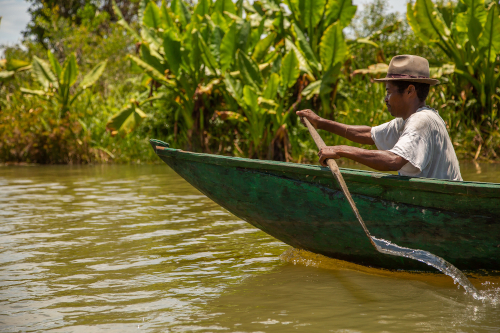
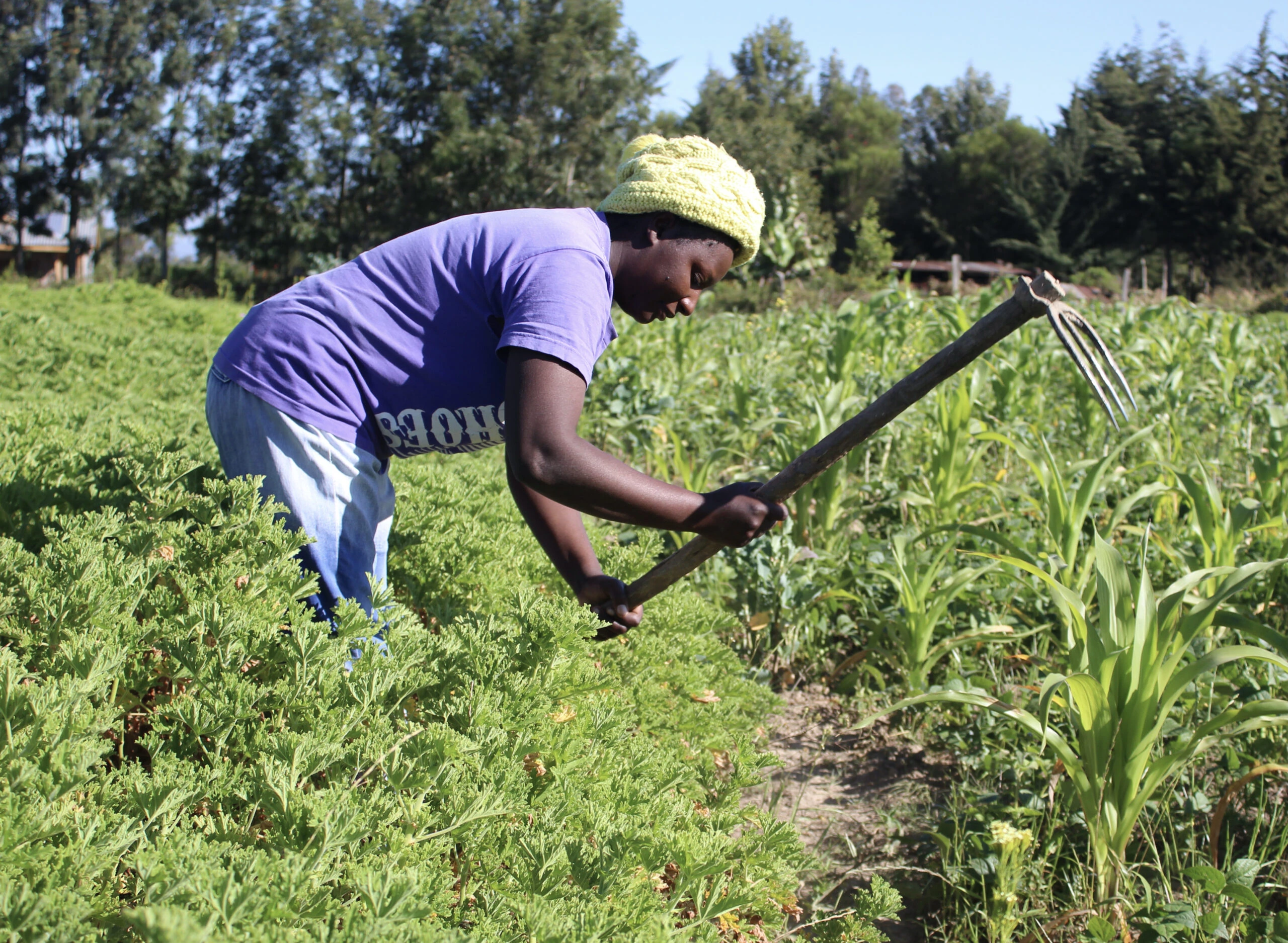
Regenerative farming to leave the land better.
Environmental stewardship is central to our company and our practices. We’re committed to protecting the natural environment, ensuring our use is responsible and sustainable.
Throughout our business, we’re working to improve farming land, year on year.
Using regenerative farming principles, we’re storing more carbon in soils and vegetation, improving soil health and increasing the resilience of African ecosystems.
We’re reusing our biowaste.
Some of our biowaste becomes nutritious, oil-rich fibrous cattle feed. As part of our strategy to reduce biowaste, we’ve also invested in technology to use farming biowaste as an energy source.
Biowaste from our farms is pressed into briquettes and used to fuel our processing machinery. We also sell briquettes to the community, at a cost far cheaper than wood. This gives communities access to a cost-effective fuel for cooking and heating, while also combating local deforestation.


Fairoils is committed to advancing the Sustainable Development Goals defined by the United Nations. From our business model to our farming practices, we’re demonstrating leadership in addressing urgent global challenges.
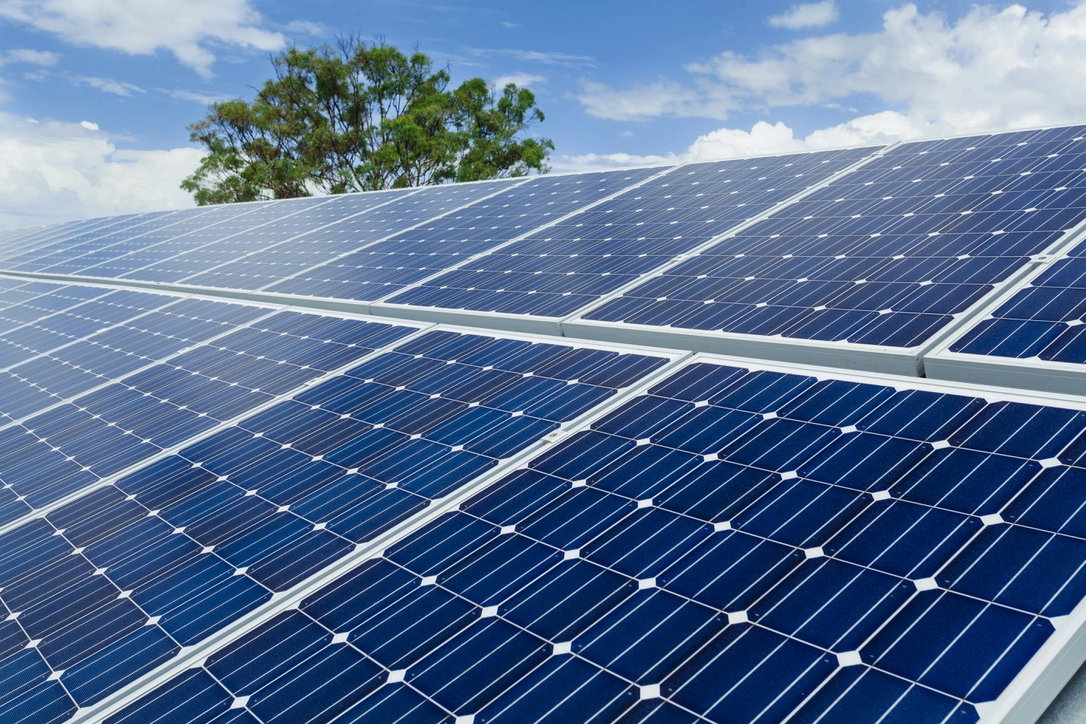
We’re investing in clean energy.
Each of our processing factories is fitted with solar panels, providing a clean, reliable source of energy. This helps us build resilient processing systems and maximise our productivity, without drawing energy from the grid or generators.
By changing how we think about energy, we’ve dramatically reduced our reliance on diesel and other fossil fuels. We’re close to being a carbon neutral business, and aiming to become carbon positive as rapidly as possible.
We’re using water wisely.
Water is an essential part of processing natural oils, which is why we treat it with respect.
Water used to wash produce, such as avocados, is captured and reused in other parts of our production facilities. Our distillation process uses water in a closed system, recycling water for continual use.
On our farms, we take care to retain precious soil moisture by mulching with manure and compost. This reduces the amount of irrigation water required, and adds valuable nutrients to the soil.
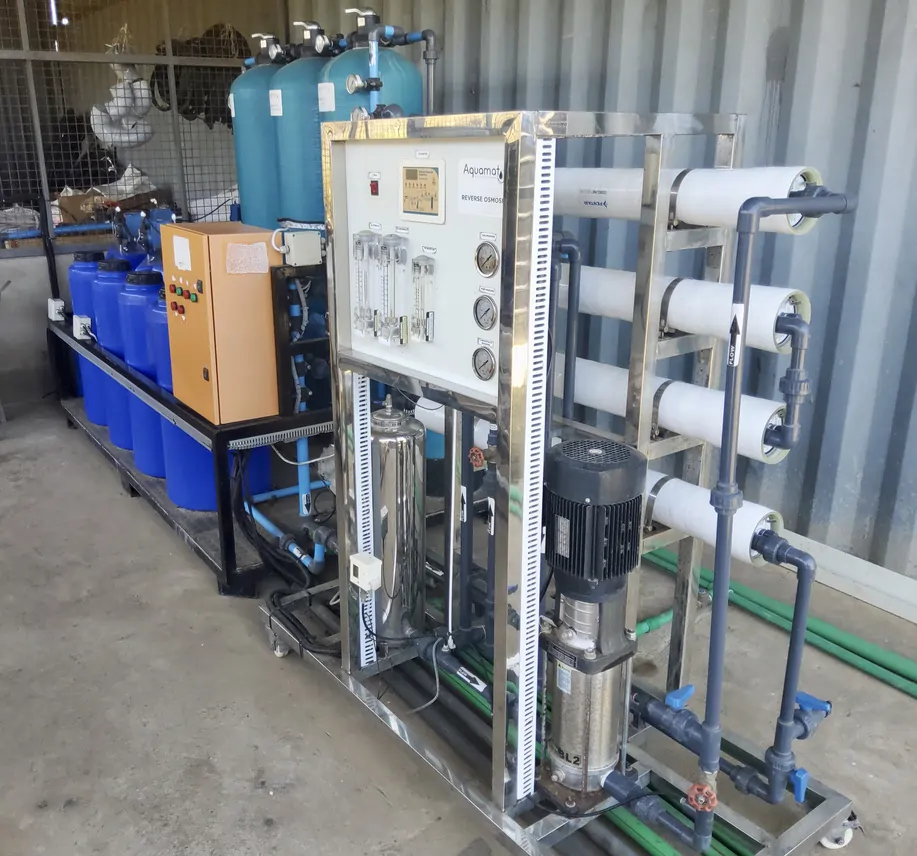
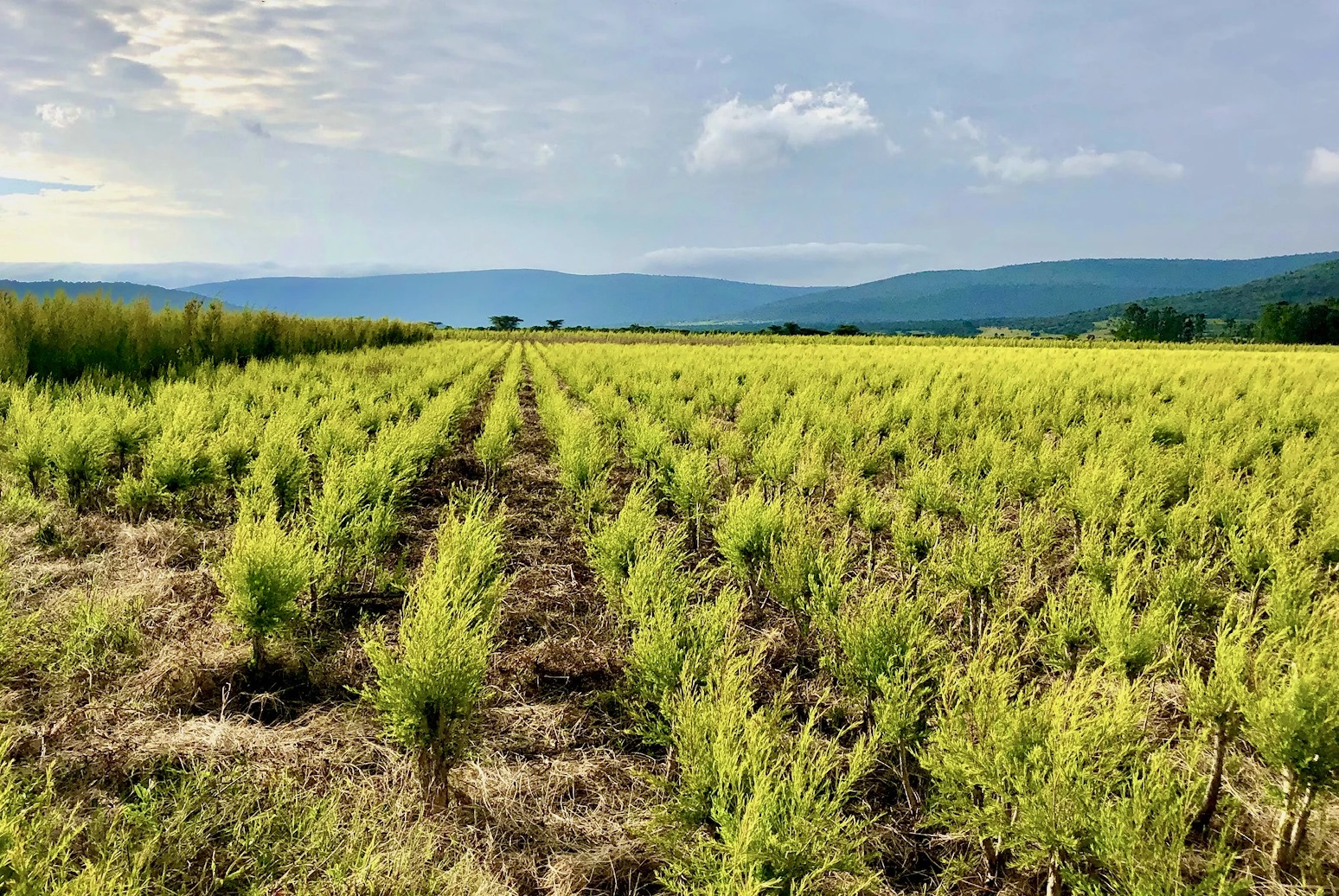
We’re improving farming practices.
We work with farmers to embed organic practices, reducing the use of synthetic fertilisers. Through outreach programs and demonstrations, we help educate farmers in sustainable agricultural practices. These practices improve ecosystem health and can lead to higher productivity and incomes for the farmers and their families.
Over the past eight years, Fairoils has planted more than 20 million plants in Africa, around half of these are tree crops. These large tree plantings are effective carbon sinks, contributing towards Fairoils reducing carbon foot print. Fairoils has also planted thousands of indigenous trees in Kenya and Madagascar. The aim of our tree planting is to help control erosion, while also providing wind breaks and ecosystem services. Our reforestation efforts use native tree species, providing habitat for local birdlife.
Fairoils is committed to advancing the Sustainable Development Goals defined by the United Nations. From our business model to our farming practices, we’re demonstrating leadership in addressing urgent global challenges.
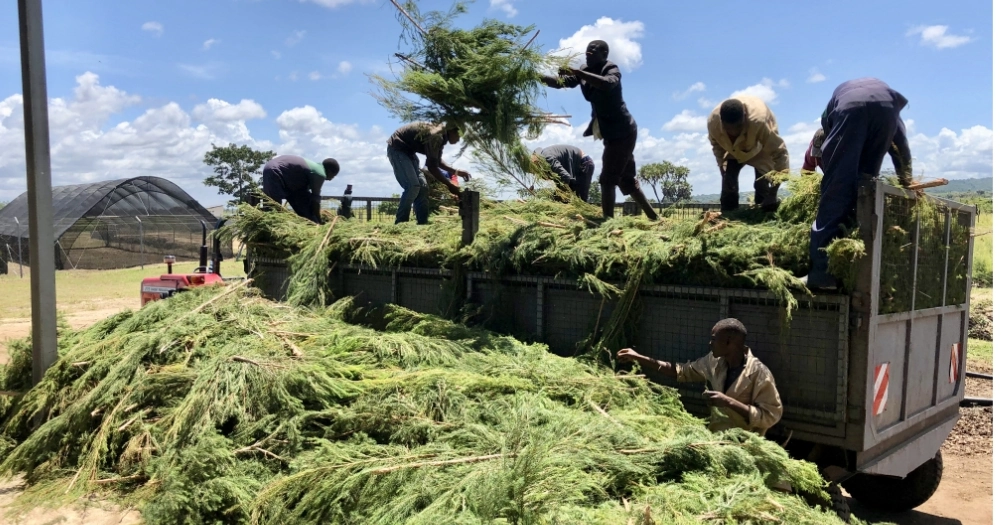

We see a bright future for Africa
Partner with us to support the efforts of small-scale farmers.

